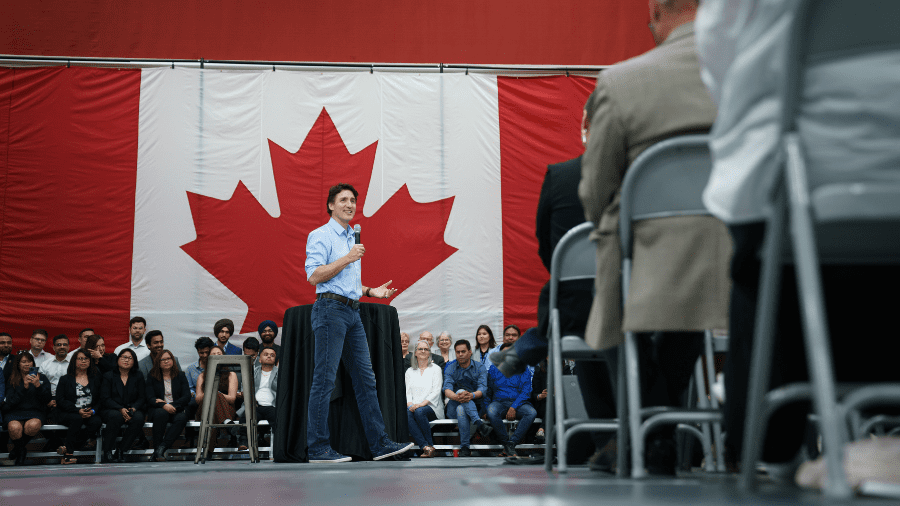This article originally appeared in the Financial Post. Below is an excerpt from the article.
By Philip Cross, January 31, 2024
It is remarkable how much attitudes about Canada have shifted, both here and abroad, over the past 10 years. A decade ago, riding the wave of a booming economy, Canada was widely admired for a banking system that had got through the 2008-2009 global financial crisis without government bailouts. Today the country’s global stature is much diminished and Canadians are rapidly losing confidence in their economic prospects.
In the years leading up to 2016 Canadians grew accustomed to global accolades. In a 2003 cover story, The Economist touted the prospects for “cool Canada,” following up in 2006 that Canada’s relative economic performance made it a “superstar” as the “only country running both current-account and budget surpluses.” Steve Poloz, then chief economist at EDC, said in 2005 the stars were aligned for Canadian firms to achieve the “productivity miracle” already realized in the U.S. In 2012, the OECD secretariat forecast Canada’s economic growth would lead the G7 nations over the next 50 years. Our AAA credit rating, stable economy and resource riches prompted the IMF in 2012 to recommend central banks hold more currency reserves in Canadian dollars, leading to headlines about “loonie set to join global currency elite” as a safe haven in turbulent times.
A Maclean’s article reporting 2011 poll results proclaimed Canada was “on top of the world” and “Canadians have never felt so upbeat about the future.” A year later, Joe O’Connor could claim in this newspaper that “Canada’s got swagger.” This confidence was reinforced when Britain hired Mark Carney in 2012 as the first foreign-born governor of the Bank of England, calling him the “best central banker of his generation.” On the global stage, in 2016 U.S. President Barack Obama told Parliament: “the world needs more Canada.”
***TO READ THE FULL ARTICLE, VISIT THE FINANCIAL POST HERE***






